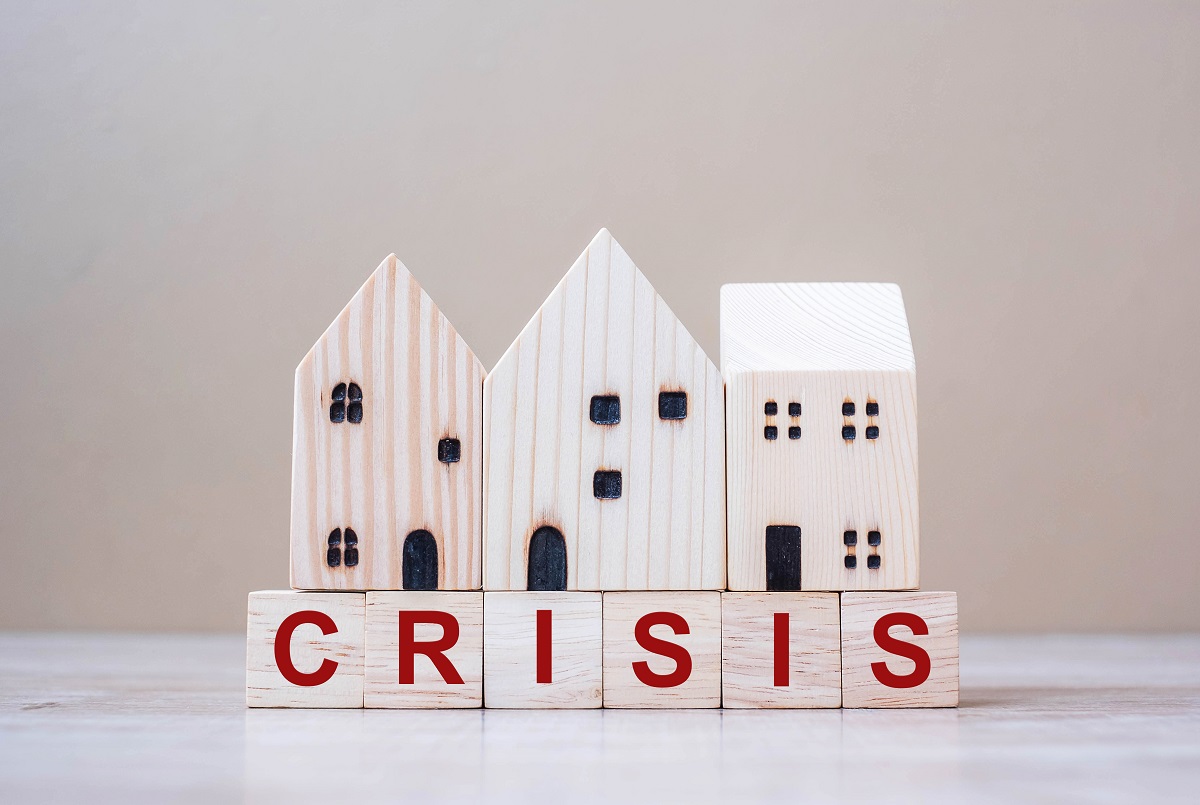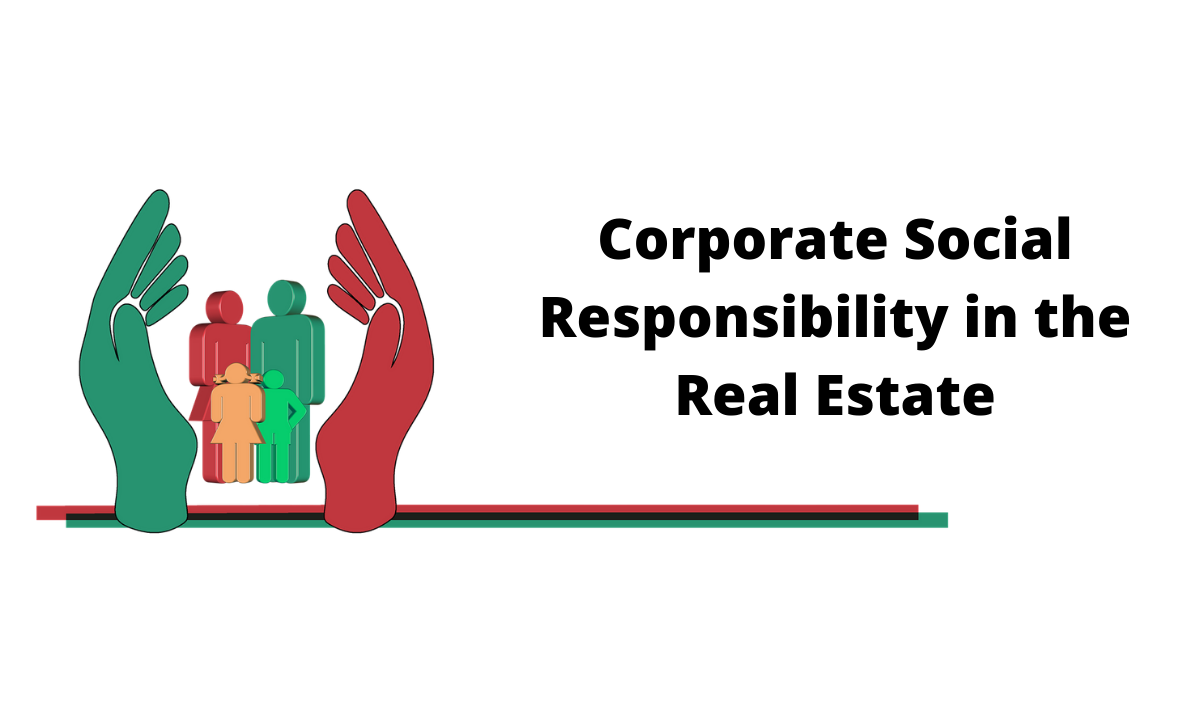The Covid-19 pandemic has hit the world hard and every sector is reeling upon the economic slowdown it has caused. Offices are shut and layoffs are frequent even in the most revered companies across the globe. Today everyone is grounded and has locked themselves in their homes. This is a war that will not be won by weapons but by the collective spirit of the community. “Adaptability” has been the very reason why humans, as a species have come so far, and it is the same virtue that will take our world further. While it is necessary to make drastic changes in our lifestyle henceforth, the pandemic has also given us a chance to sit back and understand our priorities in life.
For the real estate sector, however, the challenges could well be opportunities, both for the home buyer and the seller. People are now sure that owning is home is much safer than dealing with the challenges of rented spaces. If scientists are to be believed, the Covid-19 is just one of the several emergencies that are knocking at our doors. This gives more reason why industry experts believe that there will be a rise in demand for home buying post-COVID-19. It’s not just speculation but a similar trend is being seen in China, the first of the countries to suffer from the pandemic and also the first of the countries to march towards normalcy. A recent report suggests that the sale of residential real estate stood at almost 95% post-pandemic compared to December 2019 figures. For Indian buyers, there’s even extra incentive to follow the same. The repo rates have been slashed by 0.75 points in March 2020 by the Reserve Bank of India, making loans cheaper. In fact, this slash has created a record of the lowest ever interest rates for home loans, standing in the range of 7.20% and 8.05%. This makes the current situation the perfect time to invest in a home.
According to Money Control, there is likely to be a 20% reduction in prices of luxury end residential properties. Further, buyers can expect a lot of freebies, targeted by sellers to attract customers. This will include anything from free insurances to deferred payment options. On the other end of the spectrum, the industry also expects a 5% slash in prices in the affordable home segment, making everyone a winner. To cite an example, a luxury end property in Mumbai, priced at 40 crores a couple of years ago, isn’t getting a buyer today even at 20 crores. Further, according to Mr. Deepak Parekh, the chairman of HDFC, there is already a 20% decline in the prices of residential inventory and it is in the best interests for the seller to offload at the current pricing than wait for the situation to improve. Another report from HDFC Securities suggests at a 20-25% dip in real estate prices in 2021, couples by fiscal incentives such as stamp duty waivers. All of this suggests at the real estate market consolidating in the hands of a few organized developers, ones with good balance sheets, and consequently focusing on selling unsold properties rather than invest in new projects.
The game of numbers
Let’s take the example of a home loan on a property worth INR 1.5 crore for 25 years, the interest rates being at 8.5% and 7.75%. This comes up to a monthly installment of INR 1,20,784 and INR 1,13,299. The reduced (7.75%) rate directly offers the buyer a savings of INR 7,492 every month. In case necessary, the buyer can further pursue a loan of up to 9.9 lakh for working on the interior of the property.
Now comes the good part. With tax benefits under the various section of the new Income Tax rules, there would be further savings up to 9,772 monthly, and adding up to INR 1,16,666 annually. Consequently, the effective installment comes down to INR 1,03,577 at an interest rate of 6.74% and this includes the tax benefits. That will be almost 1% reduction in the original home loan interest rate! For the affordable housing segment, the numbers are even sweeter. At 5% and after adding the similar tax benefits (also adding joint home loan benefits), it’s a very affordable price to pay for owning a home.
If the current situation is to be compared with the situation we had in 2002-03, the interest rates are very much at similar levels. Back then, lower interests on home loans coupled with low pricing resulted in very high demand for housing and consequently, consistent growth across the coming years. In the current scenario, there would be another advantage that home buyers wouldn’t be able to resist. Post Covid-19, the borrower can also opt for fixed rates than floating one since the latter is most volatile and can go in any direction depending upon the change in policies by the policymakers. With the overall interest rate being lower, it’s a good opportunity for borrowers to op for the fixed interest rate, in spite of it being charged at a premium. At least, you will be free yourself of the stress of the coming changes in interest reset policies.
This is not just a good time to buy a home for yourself but also an opportunity if you have the money to invest in spaces for rental purposes. With rental yields at about 2.5% and the interest rate at 6.75%, the property comes off at about 4.25%. This definitely beats the long term chances of inflation, making it a win-win scenario.
The fourth “Black Swan” and the freebies
Covid-19 is being deemed as the fourth “Black Swan” event by the Indian real estate sector. After the slowdown of 2008, the recovery was encouraging as the builders had buffers. In the current scenario, however, prices have reduced significantly, close to a standstill and this has been since the last five years. Buyers have been very cautious of investments and this crisis will only make it worse. Even a 20% discount won’t be enough today as there will be serious trust and confidence issues. This is where sellers will be doling out more than a good property. As understood, a mere reduction in prices won’t be motivation enough. Dealers will now have to come up with “intelligent freebies” and this will be centered on the fear of “getting down with Covid-19”.
The industry needs to focus on the revival of demand and the ways include reducing prices directly, reducing mortgage rates or financing costs, and a better tax structure. A price guarantee will also be another option to take into account. This means that if someone buys property at INR 1 lakh and loses his job within a year, he would be able to sell back the property to the buyer at the purchase price and with a 6% interest rate. This definitely boosts the confidence of any buyer today. At least, it’s a far better deal to lock his money in a fixed deposit!
While all of this is true, buying a home for self-ownership or for rental purposes is an expensive commitment. Only time will say what really happens when India frees itself from the pandemic. We hope the time comes soon.
#Webinar on #RETV: Impact of Thermal Performance of the Residential Building Envelope








